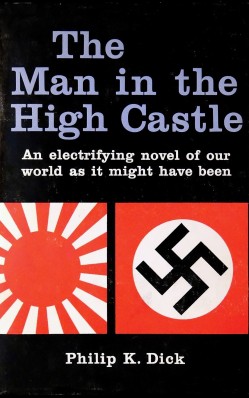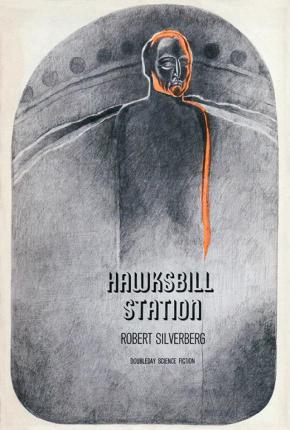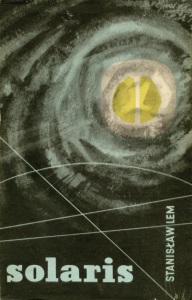 Glad that I finally read this – the first PKD I truly liked. Reading it almost never happened, as after Flow My Tears, The Policeman Said I decided to stop seeking out more Philip K. Dick. But as I’m also slowly trying to read all big classics of scifi, I had to tackle it one day.
Glad that I finally read this – the first PKD I truly liked. Reading it almost never happened, as after Flow My Tears, The Policeman Said I decided to stop seeking out more Philip K. Dick. But as I’m also slowly trying to read all big classics of scifi, I had to tackle it one day.
The Man in the High Castle got Dick a Hugo award, and is one of the stalwarts of alternative history. It is considered his most literary novel – Ursula Le Guin even claimed it “may be the first, big lasting contribution science fiction made to American literature.”
Obviously it ticks many boxes for those that like to analyze things: it has meta-fictional parts, references to real and imaginary Nazis, characters with false names, characters pretending to be someone else, questions about the nature of reality & authenticity & art, a formally inventive origin story (Dick used the I Ching to plot the novel), ruminations on other cultures, totalitarian & leftist politics, and one of the biggest what if questions of the 20th century. A postmodern smorgasbord.
Yet none of that really sold it to me.













 I’ve always considered the Dune series the best SF I’ve ever read, but as I read it fairly early in my ventures into SF, a reread is in order. Do my past opinions still hold, years & years and books & books later?
I’ve always considered the Dune series the best SF I’ve ever read, but as I read it fairly early in my ventures into SF, a reread is in order. Do my past opinions still hold, years & years and books & books later?


